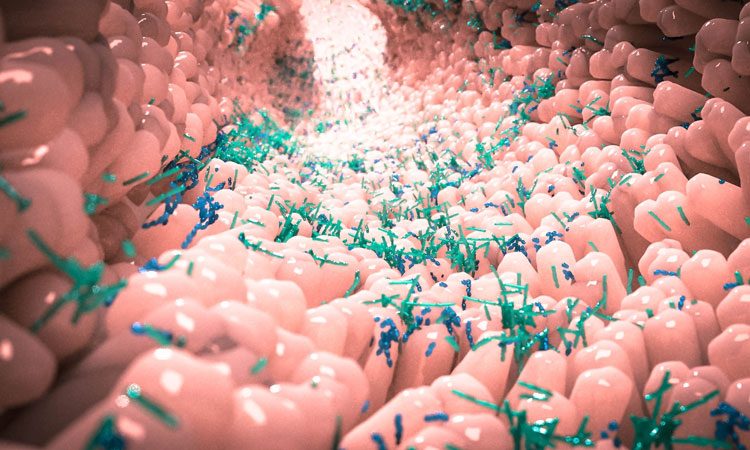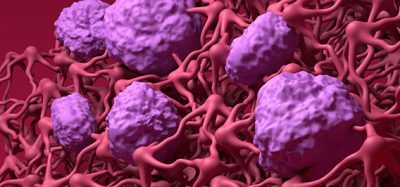Uncovering the functional role of sRNAs in bacterial adaptation
Posted: 2 April 2024 | Drug Target Review | No comments yet
Researchers find how antibiotic treatments influence the microbiota, providing new strategies for preventing antibiotic-induced damage.


Researchers from the Helmholtz Institute for RNA-based Infection Research (HIRI) have collaborated with the University of California to map transcription units of the Bacteroides thetaiotaomicron microbe, and profile their expression under different experimental conditions.
The gut is a complex ecosystem of many microorganisms and plays a crucial role in human health. However, dietary changes, bile salts, and medications, among other factors, can influence the microbiota. In humans, the intestinal bacteria Bacteroides thetaiotaomicron is prevalent. They break down polysaccharides during digestion but can also promote infections when the ecosystem is disbalanced, like following antibiotic treatment.
The molecular mechanisms allowing these gut microbes to adapt to their environment remain largely unknown, so the scientists aimed to uncover these. They compared the gene expression information with literature-derived fitness data from genetically engineered bacterial variants, which provided a holistic view of the regulatory networks and the functional role of small RNAs (sRNAs) in bacterial adaptation. Dr Alexander Westermann, research leader at the HIRI and professor at the Julius Maximilians Universität Würzburg (JMU), commented: “Our findings offer new insights into the complex interplay between environmental cues, gene expression, and bacterial fitness.”
By studying the nucleic acid content of Bacteroides thetaiotaomicron, the team found an sRNA that influences the bacterium’s sensitivity to tetracycline antibiotics. First author Dr Daniel Ryan explained: “With the discovery of the sRNA MasB and its role in modulating antibiotic sensitivity, we have revealed a previously uncharacterised regulatory mechanism.”
These results provide information about the influence of antibiotic treatments on members of the microbiota. Therefore, new strategies for preventing antibiotic-induced collateral damage to beneficial bacteria could be developed and therapeutics improved.
The comprehensive transcriptome atlas, which is publicly available through the web browser “Theta-Base”, offers the opportunity to investigate more sRNAs and explore their functions in this context.
This study was published in Nature Microbiology.
Related topics
Antibiotics, Genome Editing, Microbiome, RNAs, Therapeutics
Related conditions
Antibiotics
Related organisations
California University, Helmholtz Institute for RNA-based Infection Research (HIRI), Julius Maximilians Universität Würzburg (JMU)
Related people
Dr Alexander Westermann (HIRI and JMU), Dr Daniel Ryan (HIRI)








